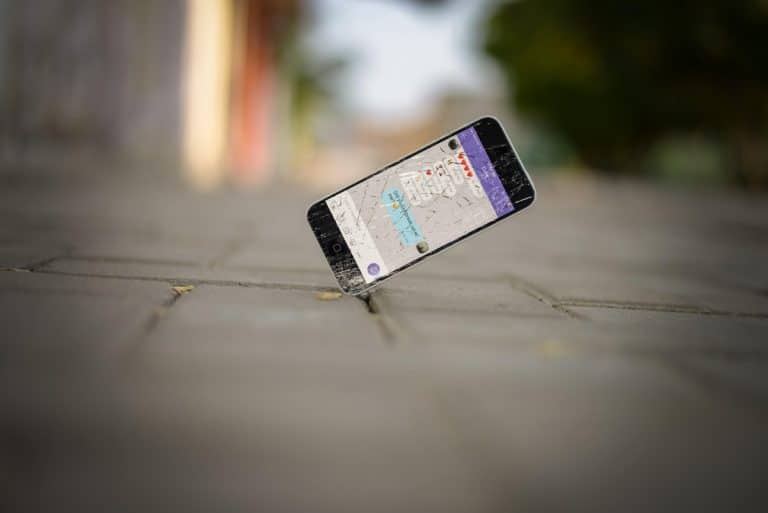Sextortion and sexting blackmail spike during lockdown

Charities including the National Society for the Prevention of Cruelty to Children (NSPCC) and Meic—a helpline for younger people in Wales—are concerned that more young people have been sharing naked images of themselves during lockdown. They both said staff have seen an important increase since the beginning of lockdown in March. With the significant increase in the time teenagers are spending online comes a lack of face-to-face interaction, which can be seen as a factor to this new spike in sextortion.
Speaking to the BBC, Sabiha Azad who works on Meic’s helpline for children and young people explained that “Many young people want to send them because it has been normalised in terms of social media.” But there’s more to it than peer pressure. People—teenagers included—are at home alone and wanting intimacy. Young people are less likely to know how to explore it healthily and can easily be pressured into sending things they otherwise wouldn’t share or do.
The charities said most cases were believed to involve 14 to 16-year-olds, with a lot of people cropping out their heads from photographs for ‘safety’. Often, they forget about other distinguishable markers such as birthmarks, piercings or their bedroom’s decor.
What is sextortion?
Sextortion is defined as a type of revenge porn that employs non-physical forms of coercion to extort sexual favours from the victim. In other words, it is when someone tries to extort either money or sexual favours from someone else by threatening to reveal evidence of their sexual activity.
In this case, sexting blackmail is a specific aspect of sextortion where people share nudes with someone who then blackmails them or decide to share their pictures without their consent. During lockdown, sexting blackmail saw a spike in the UK.
Sexting blackmail in the UK
While sending nudes at a certain age is nothing to worry about, being pressured to do so at an early age can often be a sign of a controlling relationship. It is illegal for under-18s to send or receive nudes. And, during lockdown, despite campaigns created to tackle this, many risks to younger people have been overlooked.
Azad added, “You can even get girls sending pictures on to their friends first to check if they look OK, or boys sharing the photos they get sent with others to compare them.” She further explained that during the pandemic, there’s a danger of forgetting young people—especially girls in this case.
And girls are the ones to see the repercussions. They’re much more likely to be referred to specialist services for support or to develop eating disorders after people share their private pictures because of the negative comments people can make. “It’s a very intimate image being shared and it may be shared to your family members. It often goes through schools, so everyone in that year group will probably see it, if not more,” added Azad.
One 13-year-old girl who remained anonymous was duped into sending sexual photographs to someone she met online, who she has now found out is an adult posing as someone else. She contacted ChildLine and explained she met her blackmailer on Instagram and developed an online relationship with him.
“He convinced me to send pictures of myself which were sexual. Now he’s threatened to share those pictures with my friends unless I send him more,” she told the BBC. She added that she was too scared to tell her mum in case she got into trouble.
Another victim who is 14 met “a good-looking boy” on a teenage dating app who made her feel special while she was having a tough time at home. When he started asking for nude photos, she said she “agreed as a joke to talk dirty instead.” After a while, she became uncomfortable and she blocked him, only for him to get in touch through another app, threatening to publish her profile picture next to the dirty messages.
Because it is illegal for under-18s to send or receive nudes, this kind of situation can result in a vicious circle of blackmail, which can lead to bullying from other young people. Young people can then receive more blackmail and send further images.
In order to tackle this problem, young people are urged to seek support from an adult. Children and young people can speak with a ChildLine counsellor online or on the phone between 09:00 and midnight on 0800 11 11 or can also contact Meic in an online chat.





